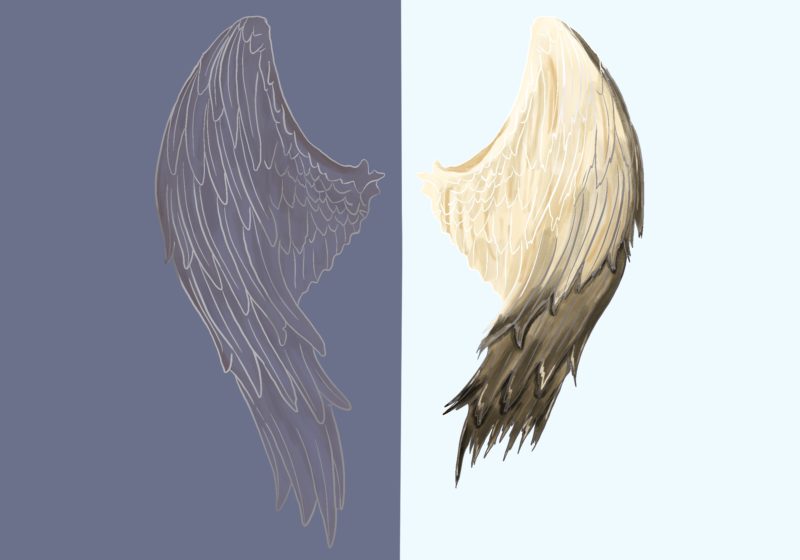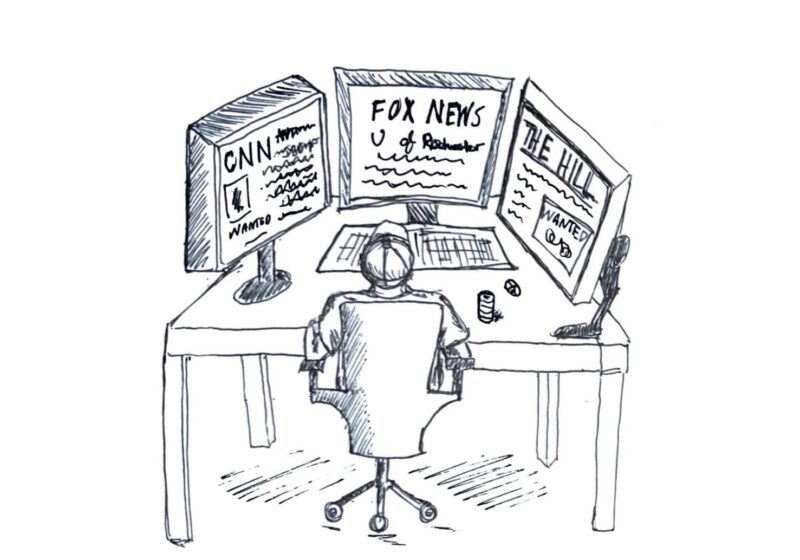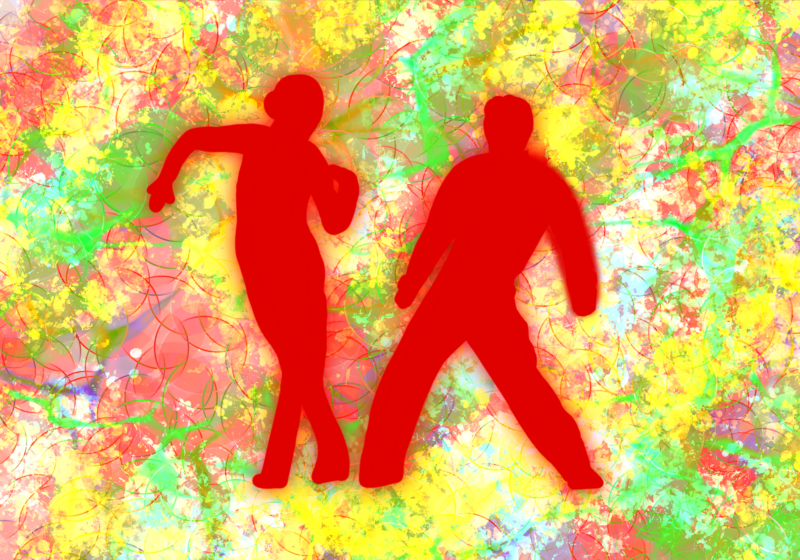Perfection. Perfect. Unflawed. No mistakes.
Being perfect is something many of us want and try to achieve. There’s this connotation with being perfect that you’re correct, a feeling that evokes a happiness that your hard work has paid off. Spending money and time trying to look perfect, long nights studying to get a perfect score, stressing over getting your art perfect, working hard at a new job to make the boss believe that you’re perfect for the job —perfect for getting more opportunities. There are so many situations in which we feel the need to be perfect. However, being perfect isn’t really about being the best. It’s about proving to yourself and possibly someone else that you are capable and worthy of respect.
Being perfect is supposed to mitigate the stinging pain of “I didn’t do this right,” “I should have known this,” “Why didn’t I think or do this before.” No matter how good a person is at taking criticism, there is always going to be that sting of getting critiqued. The critique is not what’s painful — it’s the reminder that your attempts to be perfect have failed, and now you have to work harder to make up for one mistake. It hurts, and adds on to the stress of pushing yourself to be perfect.
Wanting or trying to be perfect can make it hard to admit to a mistake. After all, perfection is all about being flawless and without criticism. However, it is important to own up to mistakes and work to fix them. Not being able to take criticism and fix mistakes is arrogance, not perfection.
Striving for perfection is stressful and exhausting and can lead to dark places because perfection isn’t achievable. Perfection isn’t real, but we keep striving to reach it. We use the term so often it’s hard to really know what it means or what it is. While the definition of perfection is “the condition, state, or quality of being free or as free as possible from all flaws or defects,” that definition doesn’t hold the word to the same standards we do. If you asked anyone to tell you what the definition of perfect or perfection is, they wouldn’t say “as free as possible.”
As much as perfection and being perfect can lead to many negative effects, we can’t just ignore the reason for perfection. We want perfection in our lives, no matter how much we hate it. Perfection holds us accountable; it’s the flaws, mistakes, and imperfection that is keeping us alive, and keeps pushing us harder and further at what we do. It’s the perfect motivator. But it’s also the perfect killer. Perfection is a double-edged sword — no matter what you do you’re always going to get hurt. For example, the movie “Black Swan” showcased how perfection can kill us. Working and training and stress hurts our body, mind, and so much more that we can’t do it any more. We just stop. But we also try to keep going until we accept that we can’t continue any more. If we ever fully accept it. But perfection can also have the opposite effect. Everything has a balance.
The movie “High Strung” showed that perfection doesn’t exist, but practicing and pushing yourself can bring you great rewards. In “Black Swan,” the character obsessed with perfection also compared themselves to someone else who they thought was better than them. This added more pressure and self doubt, which can cause unhealthy ways of achieving perfection. The main character of “Black Swan” didn’t know when to stop, whereas the main character of “High Strung” did, or at least didn’t focus so much on the comparison, and instead focused on the competition and the ones she cared about.
Perfection is something we can’t live without and can’t live with. The only way to keep the sword from cutting you is if you know when to stop. Some days are going to be good days and others will be bad.
You gotta take whatever day it is — perfect or imperfect — and hope that’s enough.
I don’t know if today is my perfect day or my imperfect day or no day at all, but I hope when I need it I will have my perfect day.





